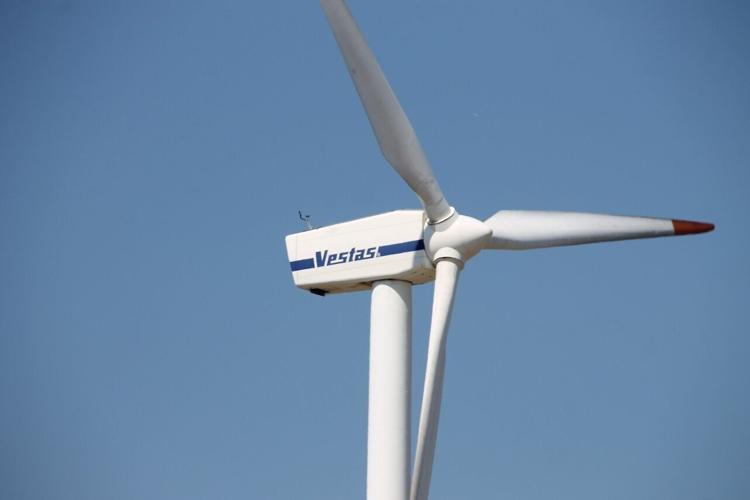The recent population numbers for both Louisiana and the New Orleans region are difficult to dismiss and should not be ignored. No matter how you slice the data, the trends are clear: We have been losing population since 2016, even as much of the South has been surging.
There are many reasons for this loss, including hurricanes and the cost of living. But the main driver has been economic opportunity. In short, as much as people love it here — and we most certainly do — for too many, it has just not been viable to stay.
This crisis was brought home to me recently at a major energy conference in Houston. While there, I not only saw the continuing growth of Harris County — now more populous than Louisiana — but also read that Texas is home to eight of the 10 fastest-growing counties in the United States. Last year, Dallas-Fort Worth added over 400 people every day.
Yet, I am motivated and optimistic — for what also became apparent at the conference was that the low-carbon energy transition is real, that it is massive ($5 trillion globally by 2030) and that Louisiana is uniquely positioned to capitalize on this revolution.
We have some special advantages: first, decades of energy experience and infrastructure; second, geology that is uniquely suited for carbon capture; and third, political leadership that stands apart in recognizing and supporting the economic opportunity inherent in the energy transition.
It’s time to mess with Texas and take back our legacy. Louisiana can be the “All-of-the-Above Clean Energy State of the Future.”
Since 2018, companies have invested $50 billion in new energy projects across our state, creating nearly 5,500 jobs with an average salary of $82,000. Combined with the more than 10,000 jobs in our pipeline, this represents a potential 20% increase in total energy employment in Louisiana.
Our legacy companies are leading the way. For example, LLOG, headquartered in Covington, is recycling an old oil rig for a new asset, saving 70% in carbon emissions versus construction of a new rig. Major companies with a presence in Louisiana, like Shell, Chevron and Exxon, are investing billions in renewables and are responsible for the majority of global carbon reduction to date.
Natural gas is of major importance, both at home and abroad. While massive projects are creating over 18,000 jobs in Louisiana, LNG exports are supporting geopolitical stability by providing Europe an alternative to Russian gas and giving Asia an economical alternative to higher-carbon coal.
Perhaps the biggest opportunity is carbon capture, the key bridge technology to decarbonize industry. Good examples are St. Charles Clean Fuels, a $5 billion project, in partnership with IMTT, that uses carbon capture to remove 99% of its CO2 and Climeworks, a Swiss company investing $3 billion in a direct air capture facility in southwest Louisiana.
We are also seeing big opportunities in biofuels, leveraging all of the natural and man-made feedstock in Louisiana. For example, Grön Fuels in Baton Rouge will create over 500 new jobs, while providing sustainable aviation fuel made from vegetable and cooking oils to customers like JetBlue.
Louisiana is also well-positioned in offshore wind, not only for deployment in the Gulf, but also as the manufacturing hub for America. After all, the same skills needed to design and build for the offshore oil industry can be used for offshore wind. Consider Edison Chouest Offshore, a great Louisiana legacy company, which has secured major contracts to build crew vessels for wind installation on the East Coast.
In solar, Louisiana is bringing manufacturing back to the United States. First Solar recently announced a $1.1 billion, 700-job panel factory in Iberia Parish. We are also working on new ways to store this power, with companies like UBE in Jefferson Parish and Advano in New Orleans East pioneering battery technology.
Finally, GNO, Inc. and partners are laying the foundation to ensure that all Louisianans can participate in this energy revolution. For example, working with Opportunity Hub, five minority-led energy startups were recently awarded $275,000 in seed funding to scale their companies here in Louisiana.
Future energy is coming, and Louisiana is positioned to lead. It is an exciting and genuine opportunity. At the same time, we must remember that economic growth alone is not sufficient for a return to prosperity. Along with more jobs, we must continue to improve infrastructure, cost of living and overall quality of life for all our citizens.


